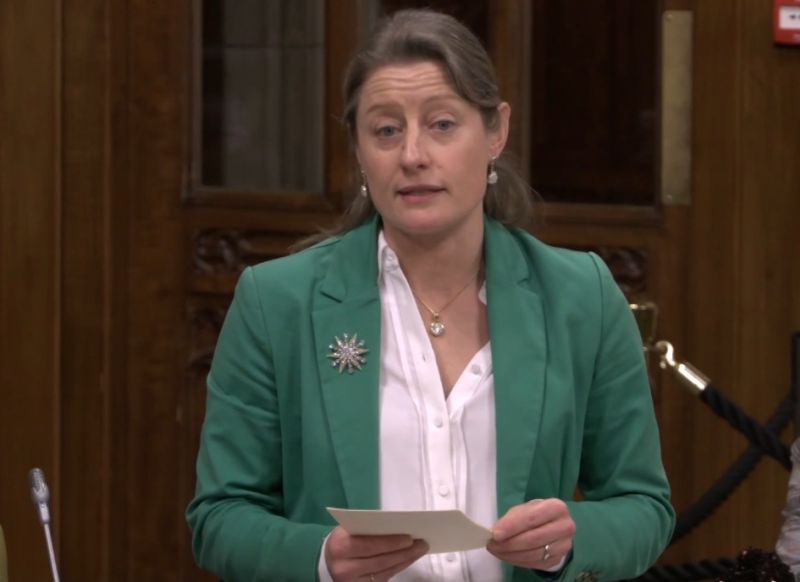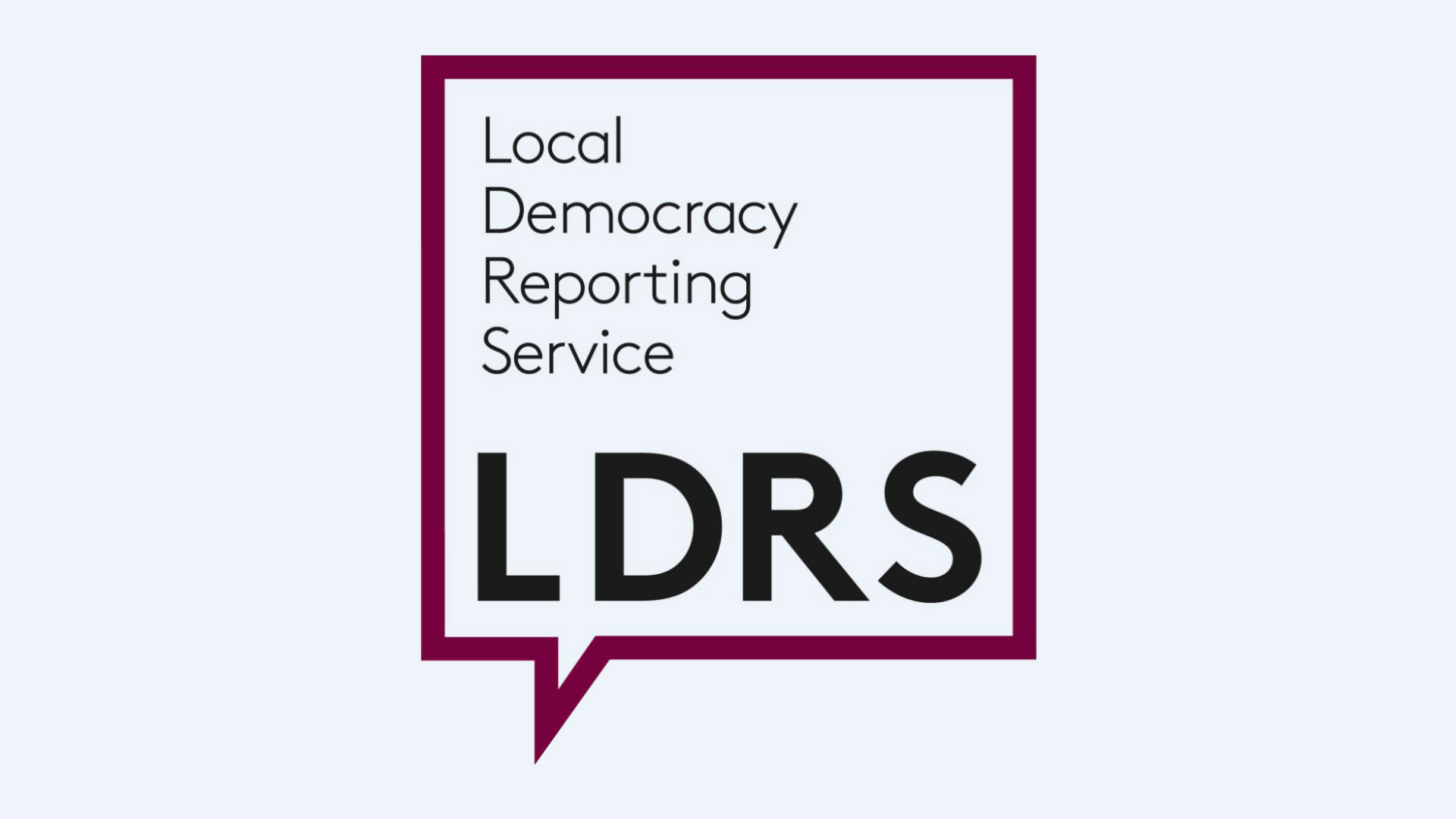Top salary for bottom borough
Woking Borough Council’s new managing director will be tasked with navigating its “grave” and “extremely vulnerable position” – and be paid more than any other council CEO’s salary while they do so.
The latest government report into the state of the council’s debt recovery was published this week when it was also confirmed who would succeed Julie Fisher as Chief Executive.
Epsom and Ewell Times receives frequent reports on the appalling financial plight of Woking Borough Council. Its debt is £2.6 billion. We seek to select those that may be of greatest interest.
Mrs Fisher announced in November her decision to quit, less than two years after stepping into the top job in April 2021. Her replacement has been announced as Richard Carr who will take on the role as Managing Director Commissioner on an interim basis.
According to the letter sent to Woking Borough Council, Mr Carr will be “entitled to a fee” of £1,100 for each day he is there, up to 260 days, as well as expenses. This is more than any other council CEO’s salary, not including pention contributions. Other CEOs once pension packets are included – would receive a higher total package.
This works out as £286,000 if he stayed for the period, and it “is the council’s responsibility to meet these costs”, the report reads. Anything above this needs prior approval of the Secretary of State.
Surrey County Council’s CEO Joanna Killian receives a salary of £234,600 and oversees a larger budget. Comparable Surrey borough councils Runnymede, Spelthorne and Elmbridge pocket £138,000, £142,000, and £145,220 respectively. [The UK Prime Minister’s salary is £164,951.]
In a letter to outgoing CEO Julie Fisher, the commissioners said: “Your authority has worked collaboratively and cooperatively with the commissioners. That being said, the situation remains grave.
“The first report, published on October 19, made it clear that the scale of the challenge at your Authority ‘should not be underestimated’.
“In their second report the commissioners continue to paint a stark picture of the challenges, noting that the authority remains in an extremely vulnerable position due to its overhanging debt and historical lack of rigour in its commercial activity. In the short-term, tough decisions need to be made, requiring clear leadership across the authority, and a steady hand at the wheel. In the longer term, innovative solutions need to be developed to tackle Woking’s financial position and organisational model.
“With this in mind, coupled with your resignation as chief executive, the Secretary of State deems that any corporate leadership gap in Woking poses too great a risk to the integrity of the authority. The Secretary of State has therefore made the decision to increase the capacity of the commissioner team to enable focus on the long-term challenges the authority faces and has appointed a managing director commissioner to join.”
Once his appointment begins, Mr Carr will be responsible for day-to-day operations of the council, provide strategic direction, and implement “efficiencies” .
The letter continued: “It remains clear that, although progress has been made, the most difficult phases of the authority’s recovery are still yet to begin, and there is still much work to be done to ensure Woking Borough Council can again meet its best value duty independently.”
Cllr Ann-Marie Barker, leader of Woking Borough Council, said: “I’m pleased that the Commissioners have recognised the council’s hard work and the progress we have made in their second report, while setting out clearly the very significant challenges the council continues to face.” She added: “I’m delighted that Julie Fisher has kindly agreed to stay on as chief executive until April to ensure that the council has the senior leadership it needs over that period and to enable an effective handover to Richard.”

















